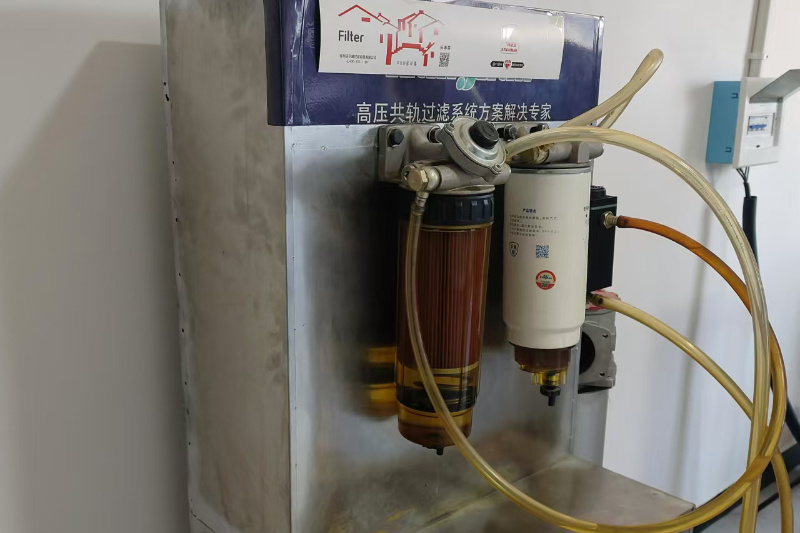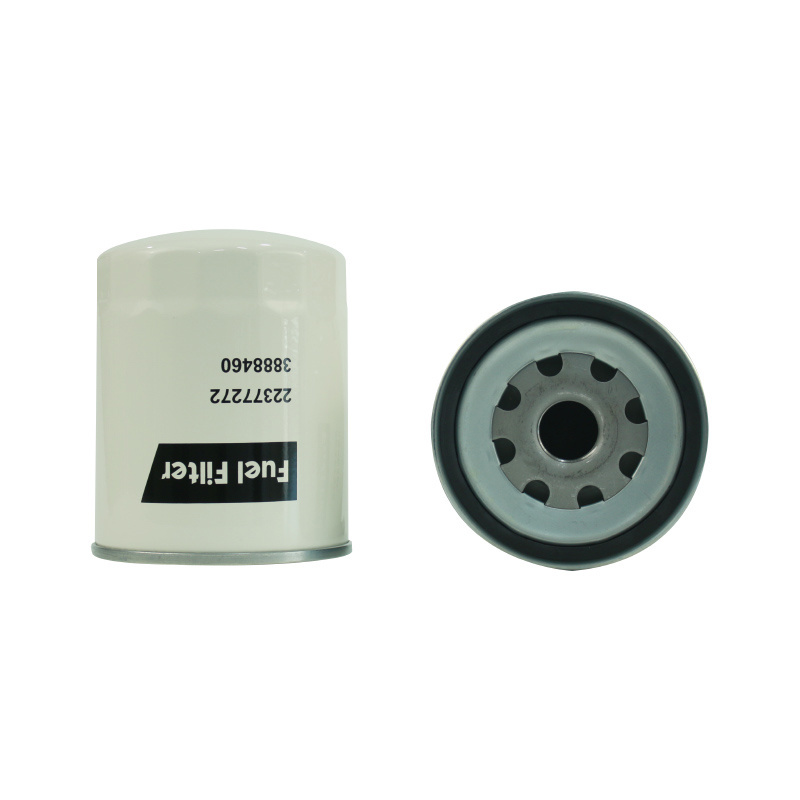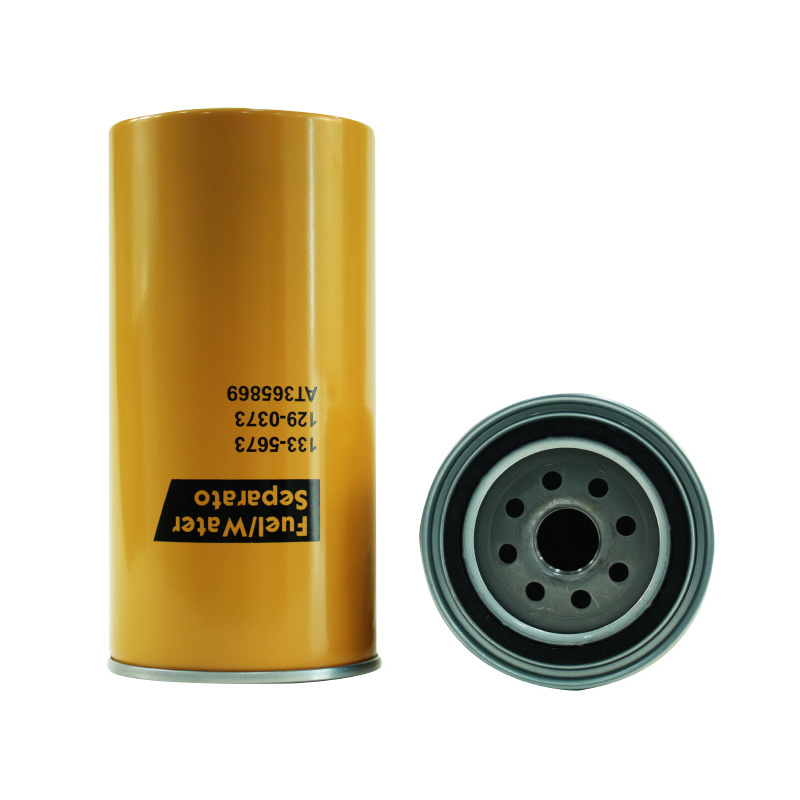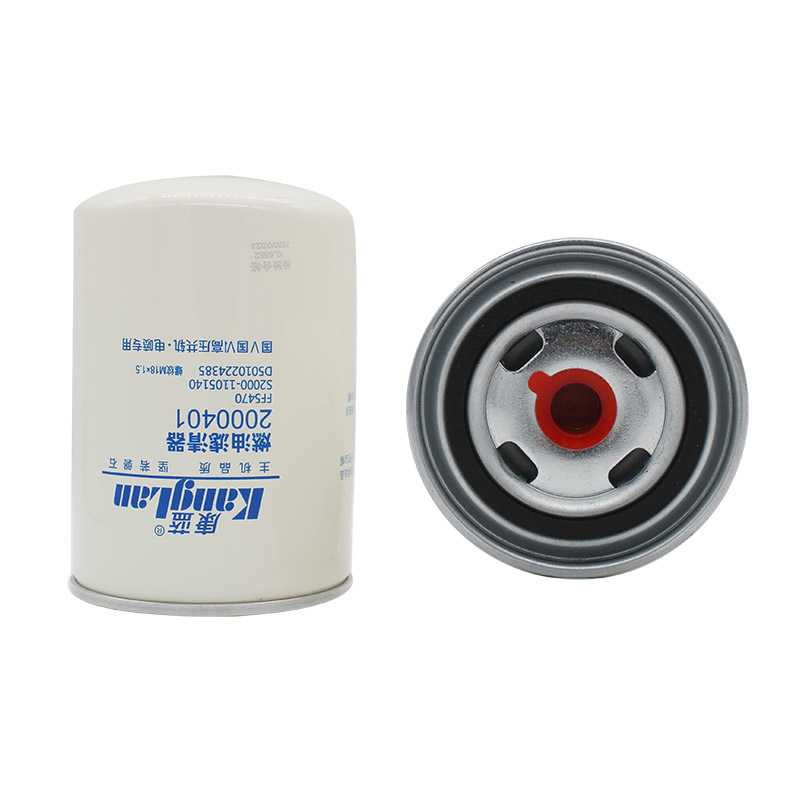Welcome to Hebei Takai Vehicle Parts Technology Co., Ltd.
Essential Insights on Dump Truck Fuel Filtration for Optimal Performance
Release Time:
Apr 23,2025
Fuel filtration is a critical component in the operation of dump trucks, serving as a safeguard that protects the engine from contaminants that can cause significant damage. The efficiency and longevity of a dump truck largely depend on its fuel system, making understanding dump truck fuel filtration essential for operators and maintenance personnel alike. At its core, fuel filtration involves the
Fuel filtration is a critical component in the operation of dump trucks, serving as a safeguard that protects the engine from contaminants that can cause significant damage. The efficiency and longevity of a dump truck largely depend on its fuel system, making understanding dump truck fuel filtration essential for operators and maintenance personnel alike.
At its core, fuel filtration involves the removal of impurities from the fuel before it reaches the engine. These impurities can include dirt, rust, and other particulate matter that may have accumulated in the fuel tank or during the fuel transfer process. Without a robust filtration system, these contaminants can cause clogged fuel injectors, reduced engine performance, and ultimately, costly repairs.
There are two primary types of fuel filters found in dump trucks: primary and secondary filters. The primary filter is often larger and designed to capture the bulk of contaminants, while the secondary filter provides additional protection by catching smaller particles that may have passed through the primary filter. Regularly replacing these filters is critical to maintaining the efficiency of the filtration system and the overall health of the engine.
When selecting a fuel filtration system, it is essential to consider factors such as the operating environment and the specific fuel quality. For instance, dump trucks operating in dusty or debris-laden areas may require filters with higher dirt-holding capacities. Additionally, the use of biofuels can necessitate different filtration technologies due to their distinct properties compared to traditional diesel fuels.
Implementing a proactive maintenance schedule for dump truck fuel filtration can lead to significant benefits. Regular inspections and replacements of fuel filters not only enhance fuel efficiency but also contribute to better engine performance. This, in turn, helps reduce emissions, supporting environmental compliance and sustainability initiatives.
It's also worth noting that advancements in filtration technology have led to the development of high-efficiency filter systems that can capture even smaller particles. Some modern systems utilize water separators, which are particularly useful in preventing water contamination—an issue that can lead to severe engine problems if not adequately addressed.
In conclusion, understanding dump truck fuel filtration is crucial for anyone involved in the maintenance or operation of these heavy-duty vehicles. By ensuring that fuel is clean and free of contaminants, operators can extend the life of their engines, improve efficiency, and ultimately, reduce operational costs. Investing in quality fuel filtration systems and adhering to maintenance best practices is a wise choice for enhancing the performance and reliability of dump trucks in various applications.
At its core, fuel filtration involves the removal of impurities from the fuel before it reaches the engine. These impurities can include dirt, rust, and other particulate matter that may have accumulated in the fuel tank or during the fuel transfer process. Without a robust filtration system, these contaminants can cause clogged fuel injectors, reduced engine performance, and ultimately, costly repairs.
There are two primary types of fuel filters found in dump trucks: primary and secondary filters. The primary filter is often larger and designed to capture the bulk of contaminants, while the secondary filter provides additional protection by catching smaller particles that may have passed through the primary filter. Regularly replacing these filters is critical to maintaining the efficiency of the filtration system and the overall health of the engine.
When selecting a fuel filtration system, it is essential to consider factors such as the operating environment and the specific fuel quality. For instance, dump trucks operating in dusty or debris-laden areas may require filters with higher dirt-holding capacities. Additionally, the use of biofuels can necessitate different filtration technologies due to their distinct properties compared to traditional diesel fuels.
Implementing a proactive maintenance schedule for dump truck fuel filtration can lead to significant benefits. Regular inspections and replacements of fuel filters not only enhance fuel efficiency but also contribute to better engine performance. This, in turn, helps reduce emissions, supporting environmental compliance and sustainability initiatives.
It's also worth noting that advancements in filtration technology have led to the development of high-efficiency filter systems that can capture even smaller particles. Some modern systems utilize water separators, which are particularly useful in preventing water contamination—an issue that can lead to severe engine problems if not adequately addressed.
In conclusion, understanding dump truck fuel filtration is crucial for anyone involved in the maintenance or operation of these heavy-duty vehicles. By ensuring that fuel is clean and free of contaminants, operators can extend the life of their engines, improve efficiency, and ultimately, reduce operational costs. Investing in quality fuel filtration systems and adhering to maintenance best practices is a wise choice for enhancing the performance and reliability of dump trucks in various applications.
You Can Also Learn More About Industry Trends












